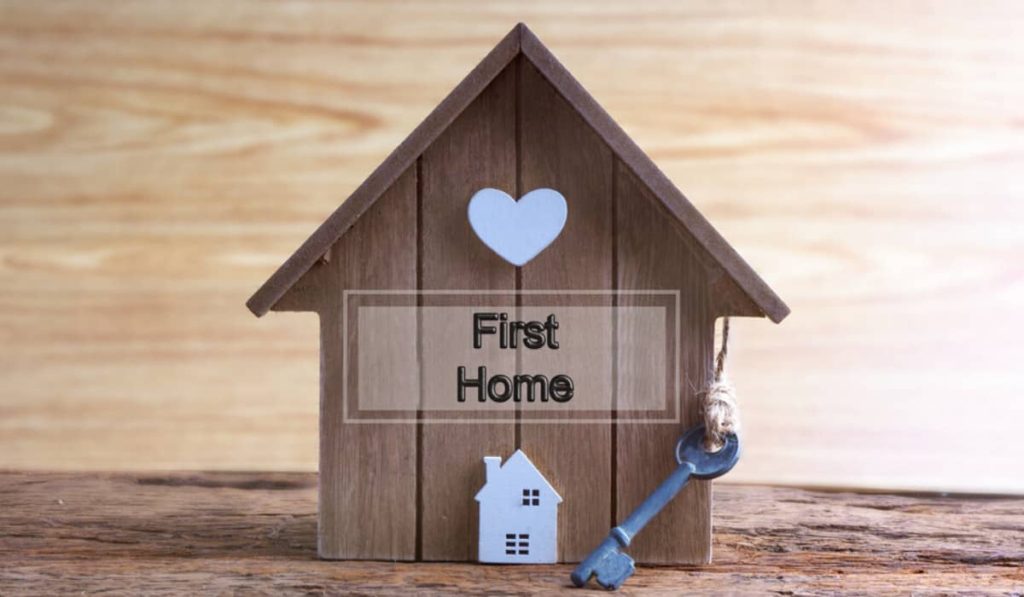
Are you thinking about investing in a new house? In today’s uncertain economic circumstances, owning a home is a huge accomplishment. It’s a wonderful feeling to be able to stop paying rent and invest your hard-earned money in your own home.
However, there are several variables to consider while selecting the ideal house. One of the most important decisions you’ll have to make is whether to buy a starting house or a lifelong home.
What exactly is a starter home?
A starter house is exactly what it sounds like: a smaller, less expensive home that you buy for the first time when you decide to own real estate. In most cases, these homes will lack the bells and whistles that you may have on your dream home wish list.
They’re usually one- or two-bedroom condominiums or tiny single-family houses on the lower end of the market. People who buy starter houses generally plan to stay for five to seven years while saving for a larger property.
An everlasting house is one in which you would be content to live for the rest of your life (or at least a couple of decades). It fits your long-term demands, whether it’s an older house you can modify to satisfy your every need or a move-in-ready beauty with plenty of room for a growing family.
What Type of Property Offers the Best Value?
When it comes to property kinds, there are more options than ever before. Choosing the greatest sort of house for your money is a fantastic way to add value to your purchase, depending on where you want to live and what other aspects are important to you.
It’s worth noting that homes that share a wall or two with another home, such as co-ops or townhouses, will be considerably less expensive than stand-alone choices, but they won’t be suitable for a lifelong home.
Fixer-uppers, which are frequently marketed in less-than-perfect shape for a fraction of the price of turnkey homes, can be an excellent long-term investment for handy homeowners who want complete control over the end result.
Depending on where you buy, certain property kinds are more or less valuable. Take the time to make sure you’re getting the most bang for your buck, whether it’s a co-op or apartment in New York City or a huge ranch in the Midwest.
Other Factors to Consider: Your Future Plans
Where Do You Want to Live?
Prepare to pay a lot of money if you want to live in a hot market like San Francisco or Miami (often half a million for a basic home). Of course, in exchange, you’ll have some of the finest property values in the country, which aren’t going to fall anytime soon.
If you can afford it, buying a lifelong home in an area like that is unquestionably the best option. If you buy a house in a desirable neighborhood, you’ll likely develop equity quicker than you would otherwise since the properties surrounding you are constantly increasing in value.
Family and Career Goals
Are you or are you intending to become a parent? What size family do you wish to have? A starter house may make the most sense if you plan to keep it modest, because the money you save on your mortgage may be put toward a college fund or a private school.
A permanent house with room to grow, on the other hand, could be a better alternative if you and your partner desire a slew of children. The present status of the globe may and will influence how much money you have and how much space you require.
For example, because of the ongoing COVID-19 pandemic, your house may serve as both a classroom and an office for the foreseeable future.
Make the right choice with DMV Home Rebates
Buy a house with DMV Home Rebates and get an experienced realtor who’ll guide you throughout the home-buying process. Along with the additional details of houses featured on the website, you can also find the details of the builders.
You also get 1% cashback when you buy a house with DMV Home Rebates. The home buying process doesn’t get easier than this.






